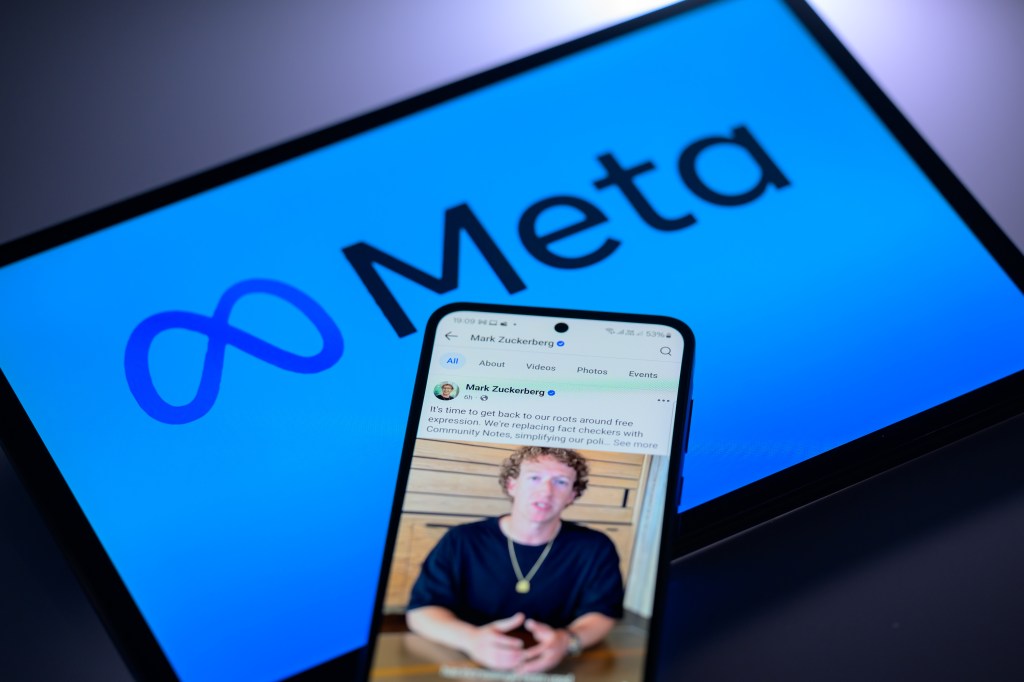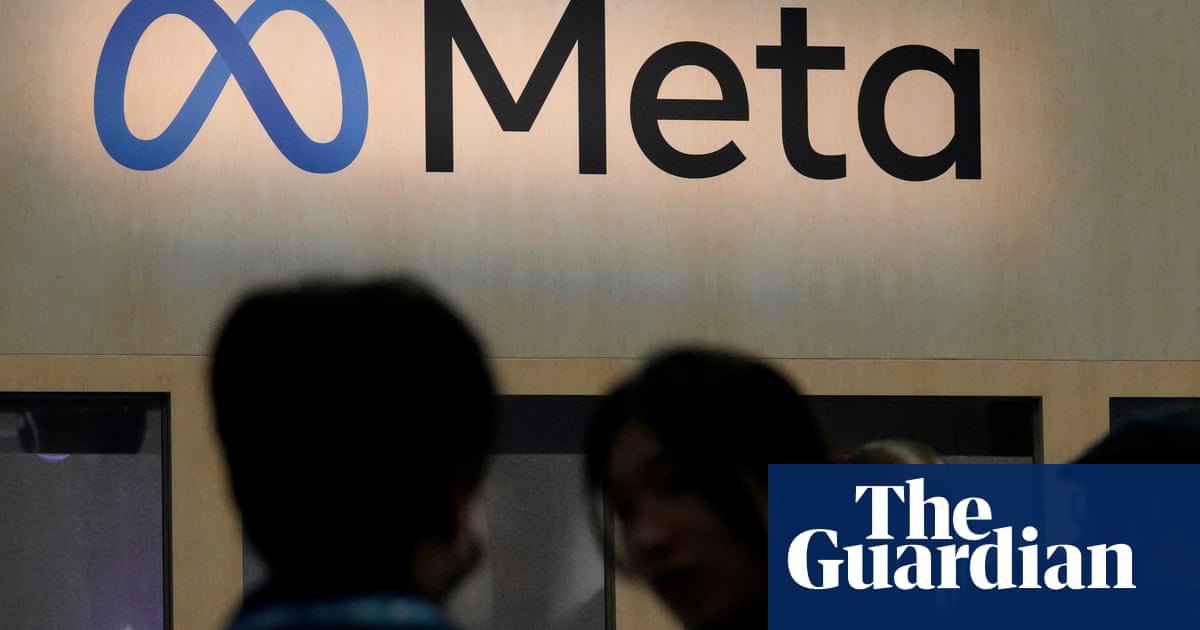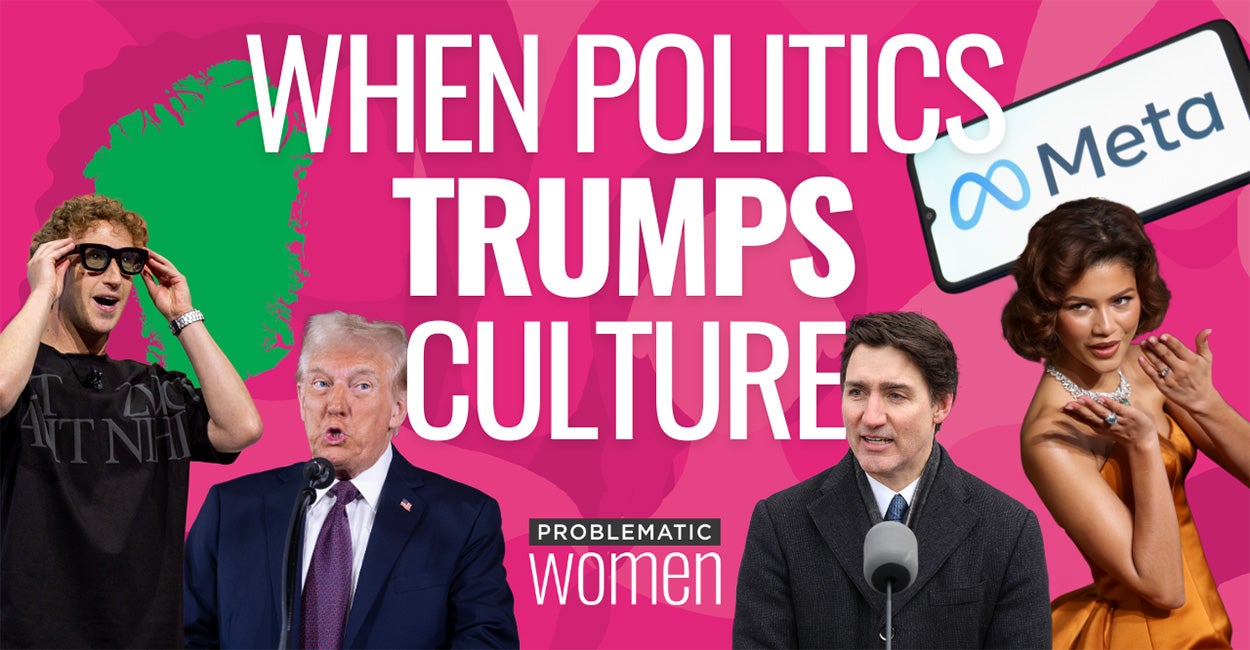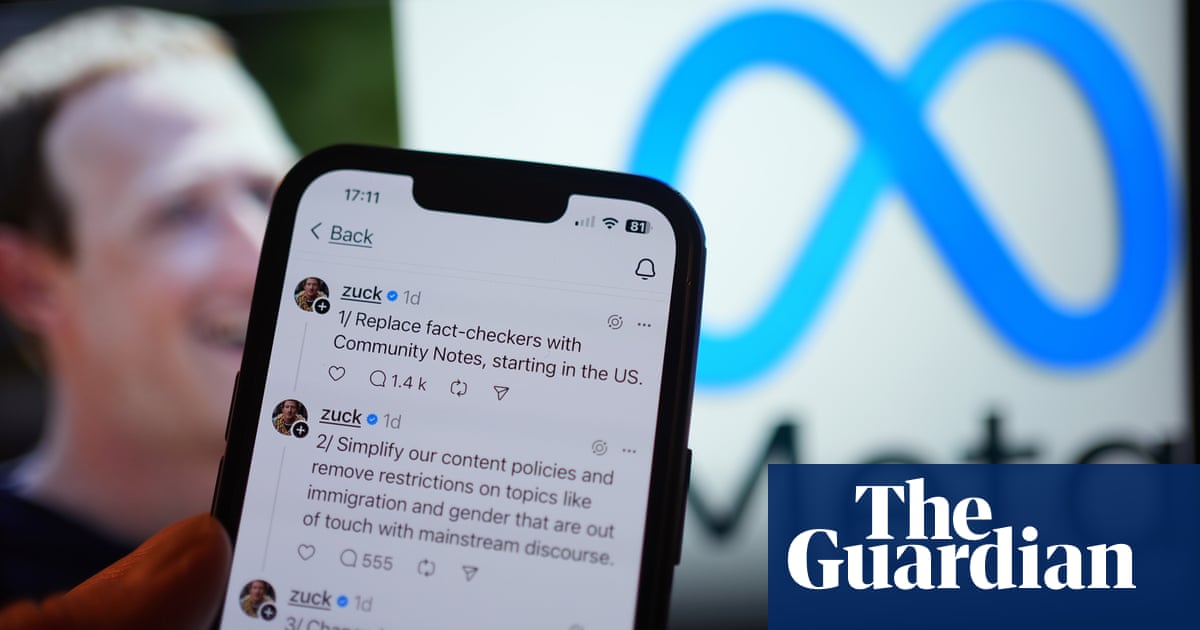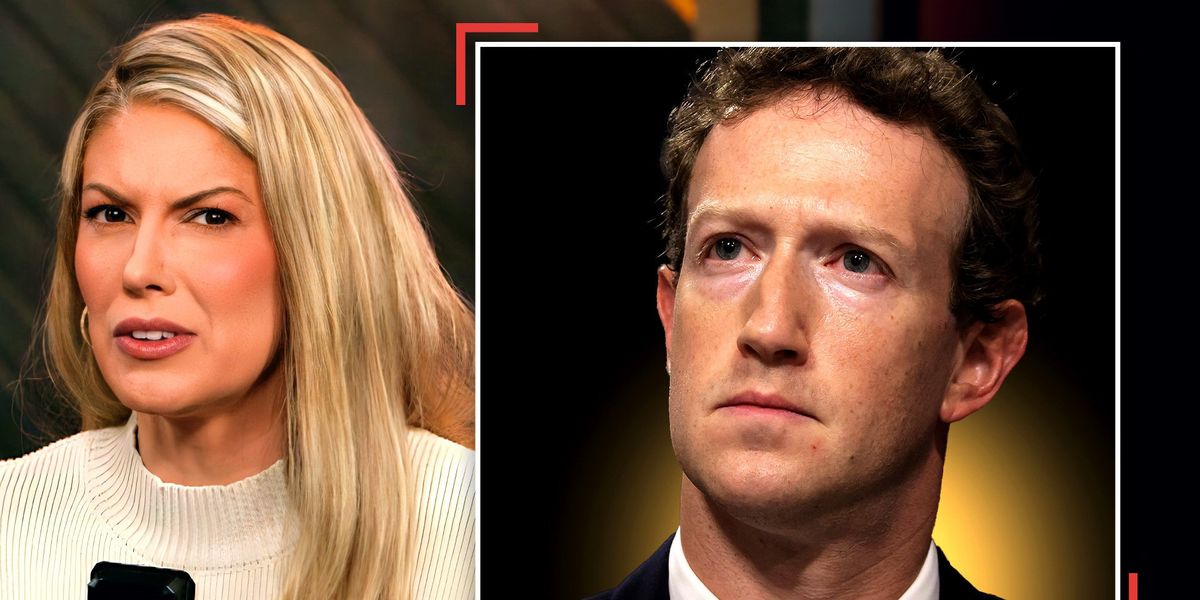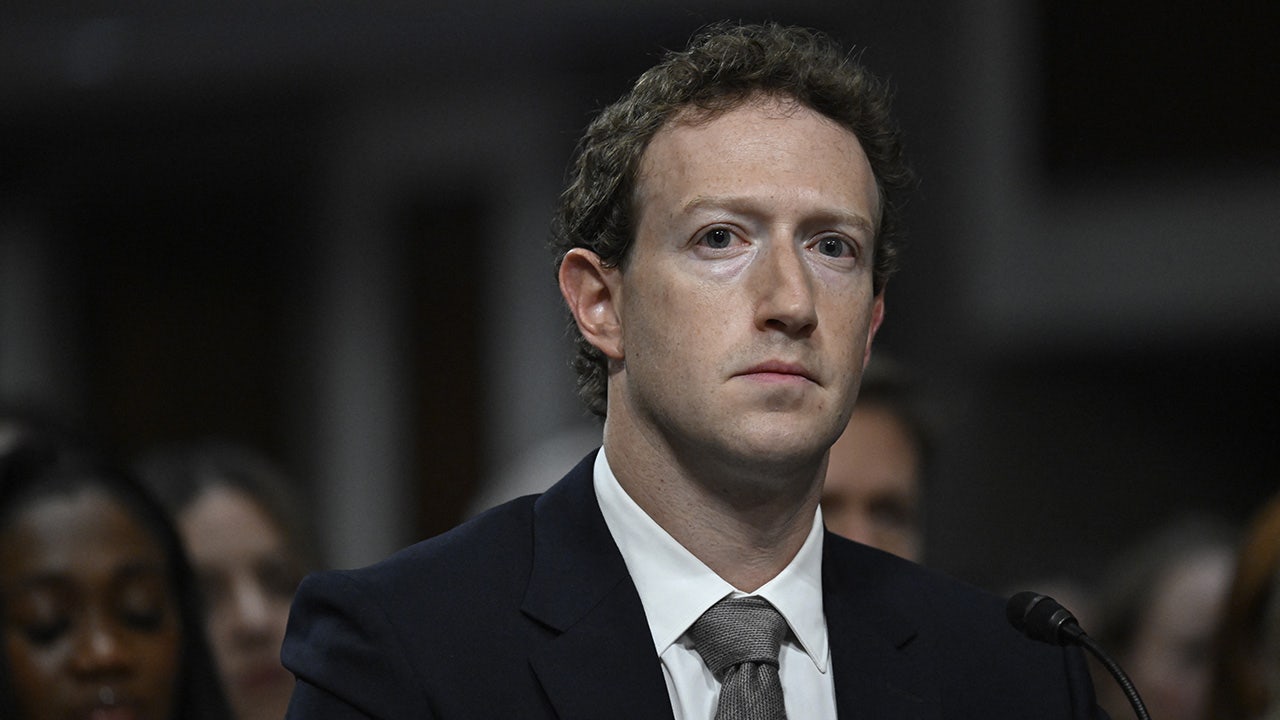Meta Ends Fact-Checking Program and Loosens Content Moderation Guidelines
Meta has scrapped its fact-checking program and eased content moderation rules, raising concerns about potential increases in hate speech and misinformation.
Overview
Meta has announced the termination of its fact-checking program and relaxed content moderation policies, under the premise of enhancing free expression. The changes have drawn criticism from advocacy groups who warn of potential harm to vulnerable communities. There are concerns that allowing harmful stereotypes, particularly regarding gender identity and immigration, could lead to real-world consequences, especially given previous instances of platform misuse in inciting violence. Analysts view this shift as a political maneuver to align with the incoming Trump administration and as a reduction in Meta's responsibility toward user safety.
Report issue
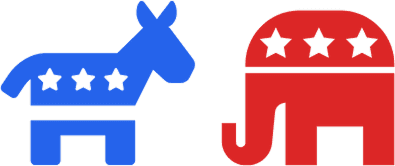
Read both sides in 5 minutes each day
Analysis
Analysis unavailable for this viewpoint.
Articles (26)
Center (11)
History
- 1y

 4 articles
4 articles
- 1y

 6 articles
6 articles
